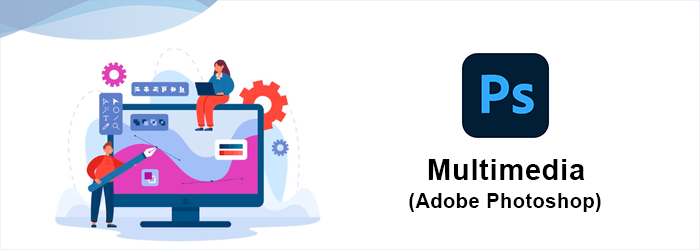

Adobe Photoshop is powerful and widely-used image editing and manipulation
software.
Adobe® Photoshop® CS6, the industry standard for digital imaging excellence, offers fast
performance, sophisticated image-editing tools, and an easy-to-use interface. Adobe
Camera Raw, available with Photoshop CS6, provides flexibility and control when working
with raw, TIFF, and JPEG photos. Photoshop CS6 extends the frontiers of digital image
editing and makes it easier than ever to turn your ideas into designs.
Adobe Photoshop certification training is ideal for:
Eligibility criteria for Microsoft Office certification typically include: